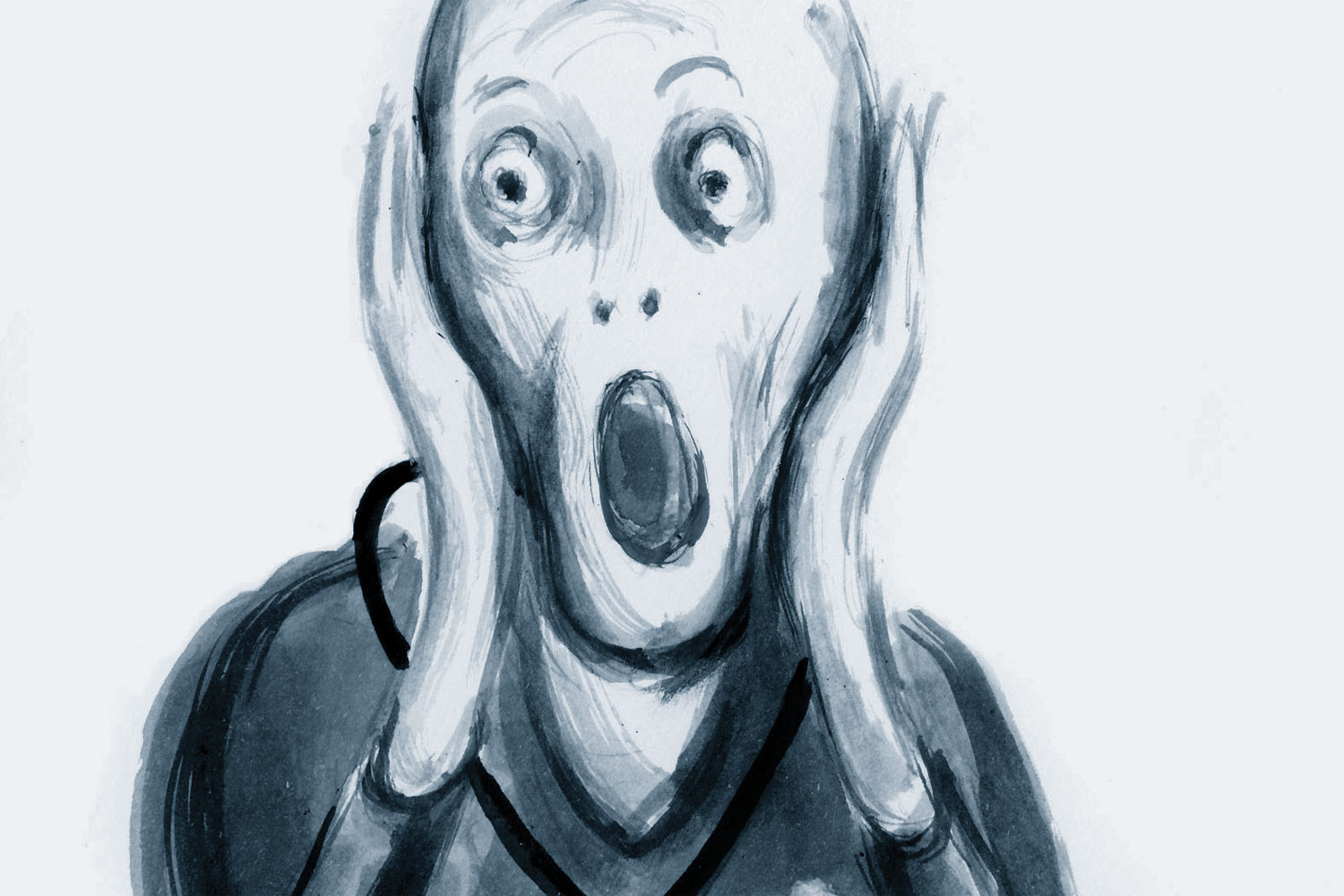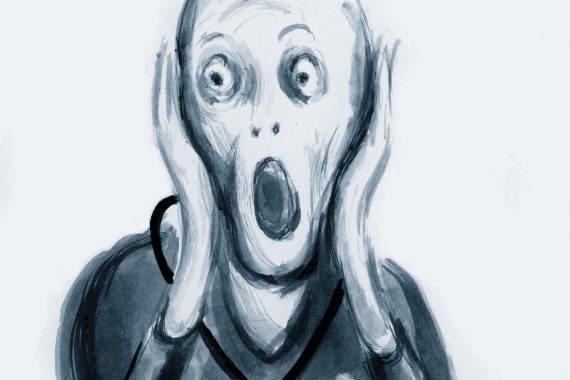
Blimey. That was quite a run of consultations.
Patient one is a man seeking counselling to help him cope with a recent loss. That loss being, specifically, his 15-year-old daughter – an only child – who died from a brain tumour a few months ago. He articulates the effect this has had on him and his wife in a way that is dignified, moving and almost poetic. And as I hand him a box of tissues, I suspect that, for the first consultation in 30 years, I might need one too.
I take a moment before I buzz for patient two. This turns out to be a 61-year-old lady whose family I have looked after for years. She rarely attends and is most apologetic when she does. This is what has happened to her in the last seven years: she was diagnosed, simultaneously, with bowel and endometrial cancer (my only dual cancer diagnosis ever); her husband died from lymphoma; her hepatic metastasis was excised; her son died suddenly and unexpectedly; she was diagnosed with a third primary (gallbladder); she now has multiple mets.
In all the years I have known her, she has never bemoaned her lot. She is sorry for bothering me, typically, but is simply requesting a DS1500. I express sympathy for her situation, to which she replies, ‘there are always people worse off than yourself’. And I think to myself, in your case, I’m not sure that’s true.
What we’re perhaps less prepared for is the wide range of tolerance patients have for their own problems
Finally, patient three. Patient three has an ingrowing toenail. He starts by bitching about the week it has taken him to be seen, berates the doctors he’s previously encountered because ‘they weren’t interested’ and very forcefully states that his pain is unbearable, and that either I need to sort it out, or sign him of sick, or, preferably, both.
I have an overwhelming urge to punch him in the face.
As trainees, we are taught how to cope with the variety of presentations in general practice – an aspect of our job that attracted many of us in the first place. What we are, perhaps, less prepared for is the wide range of tolerance patients have for their own problems, and how we therefore have to recalibrate from consultation to consultation.
Maybe, like work, symptoms – no matter how trivial – expand to fill the coping-space available and, therefore, we should demonstrate the same level of compassion regardless of presentation. It can be hard, though, especially when the variations in dignity, tolerance and civility are presented in such sharp relief.
But, being a professional, I deal with patient three in a professional way. I will relieve him of his ‘intolerable agony’ by excising that toenail as soon as I can. It’s just a pity about that stock shortage of lignocaine that I’ve just thought of.
Dr Tony Copperfield is a GP in Essex
Pulse October survey
Take our July 2025 survey to potentially win £1.000 worth of tokens













